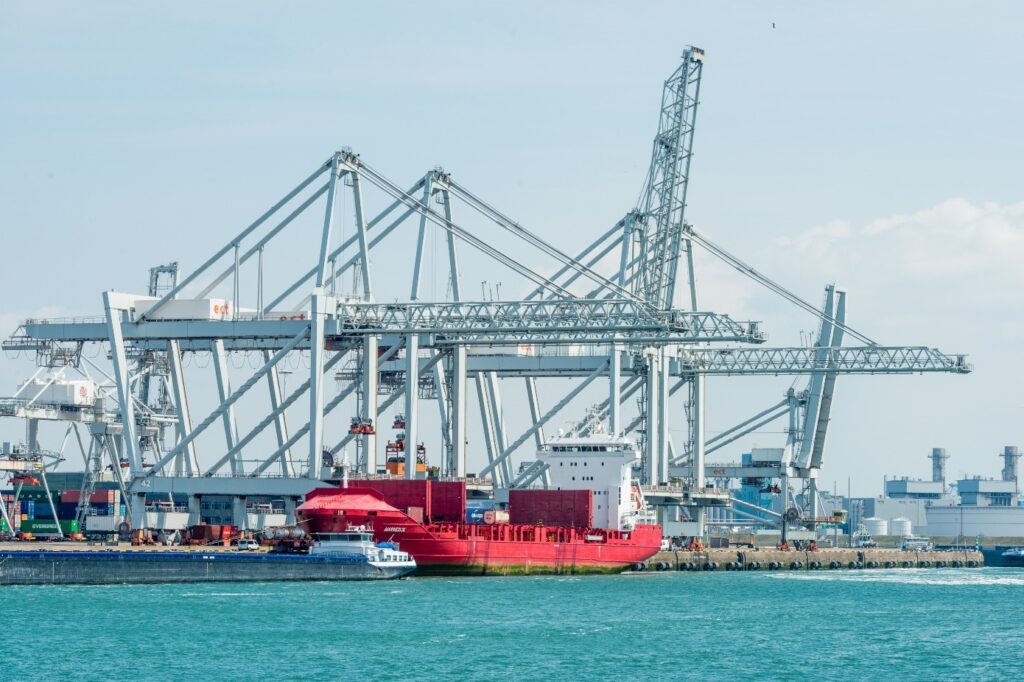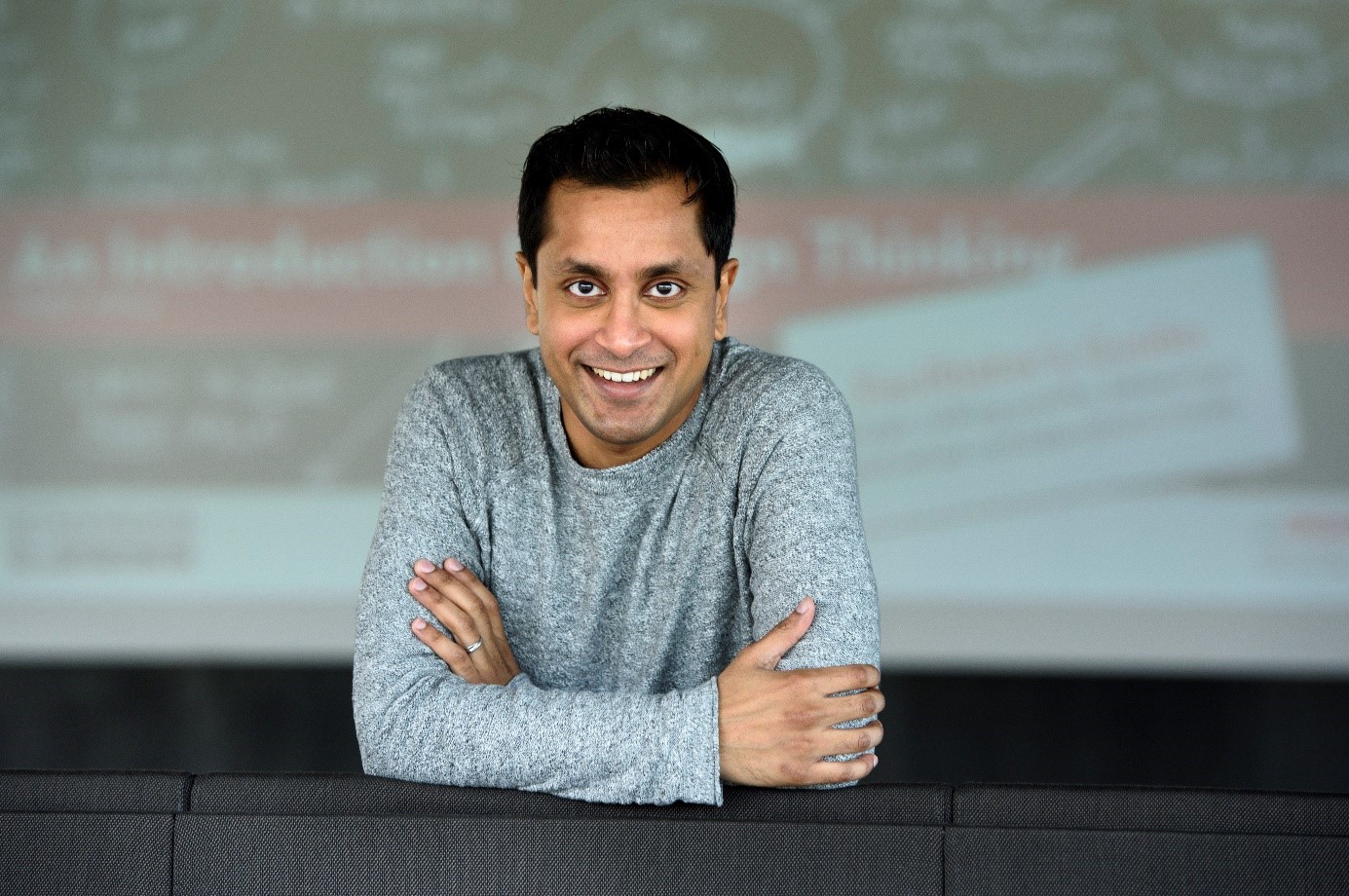Today’s digital technology is already allowing far-reaching changes to be made to Dutch ports and shipping, not only in logistics and planning but also in shipbuilding, piloting and controlling ships.
Four areas of application
The Ports and Maritime working group sees major opportunities for using AI in four application areas:
- Smart Shipping: using AI to assist human staff during shipping movements, with a strong focus on the possibility of ships sailing fully independently in the future.
- Smart Manufacturing: AI can also have a big role in saving costs, improving product quality in ship design and shipbuilding processes as well as making all the requisite processes more clearly organised.
- Smart Port Logistics: a great deal has already been automated and digitalised in port areas. However, many further improvements are still possible with the use of AI, such as better information exchange and more efficient use of available space.
- Smart Asset Management: when is a ship, building, waterway, quayside or system due for maintenance or repair? AI-controlled systems for predictive maintenance and resource optimisation can extend the lifespans of assets and reduce operating costs.
And certainly every bit as important: Smart Energy. Assisted by AI, the ports and maritime sector can get a better picture of its energy consumption, take action more quickly to avoid wasting energy unnecessarily and encourage the development of energy-saving solutions. That subject is being addressed by the Energy and Sustainability working group.
The importance of data
However, there is an important prerequisite for this: properly organised data sharing. This is still a challenge as there are so many different parties operating within the ports and maritime sector. They are all well used to each other’s ways and over the years have learned the value of standardised working methods. Many of these parties are undoubtedly open to new, digital ways of working, but will only be ready to invest time and money in them once they are convinced that such digitalisation will actually lead to improvements. This demands a well-coordinated approach, directed by a party that has an eye for the interests of all those involved. Because data sharing is so crucial, the Ports and Maritime working group collaborates closely with the Data Sharing working group.
The working group
Developing AI solutions requires a large-scale approach, with close cooperation with governmental bodies and centres of expertise in addition to the commercial parties within the ports and maritime sector. There are for example already close ties with MARIN, TNO and Delft University of Technology. The last of these has its own research lab for autonomous shipping.
Building momentum
Sharing knowledge, jointly identifying problems that AI can play a role in solving, and then using pilots (within collaborative projects) to try to find out how successful such solutions can be: those are the main focal points of the working group. After all, experiments with real-world applications are what can really build up momentum in the process.
More information
If you would like to know more about this working group’s plans, take a look at the position paper called Heading towards AI, developed jointly with over sixty representatives from maritime businesses, centres of expertise and governmental authorities. And if you would like to know what is already happening in the ports and maritime sector in terms of data sharing and autonomous shipping, be sure to read the use cases in particular.
If you’re interested in this topic, become a member of the NL AIC and benefit from our Ports and Maritime expertise and network, and other relevant AI themes.



